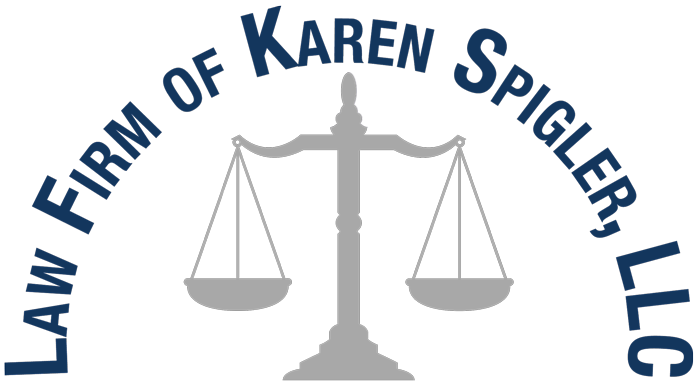
Why should I choose to work with Karen Spigler?
Karen Spigler not only studied what was covered in her regular law school curriculum for the purposes of getting licensed as an attorney, but also spent an extra year concentrating on a post-doctoral degree in estate planning. With her additional background as a licensed CPA this further enhances her ability to have a deeper understanding of tax planning as well.
What is an Estate?
Your estate is everything you own in your individual name or with other people, that is totally or partially controlled by you. Your estate may consist of assets such as real estate (homes, condo, land, time share), investments (cash, stocks, bonds, precious metals), businesses (sole proprietor, partner, corporation), tangible personal property (cars, jewelry, furniture, collectibles) and an intangible asset most people don’t think about, life insurance.
Why should I do estate planning?
You want to control your property while you are alive and well, you also want to care for yourself and your loved ones if you become disabled, and be able to give what you have to whom you want, the way you want. At the same time you want to save tax dollars, attorney fees and court costs as well as expedite the smooth ultimate transition of your assets to your loved ones. To achieve this, you should do an estate plan. Planning is not just for millionaires or for the elderly, it is for everyone at any age.
What are some of the documents in an estate plan?
A Durable Power of Attorney names a person you authorize as an “attorney-in-fact” and gives the power to act on your behalf as if you were present and acting with respect to your property. Numerous types of transactions are spelled out to eliminate any question as to the broad scope of his or her authority while you are incapacitated. This authorization is only good as long as you are alive.
A Designation of Health Care Surrogate identifies the person who acts for you if you are unable to make medical decisions for yourself.
A Living Will is a statutory form, used to state your wishes regarding the use of life-sustaining measures if you become terminally ill. The Living Will works with the Designation of Health Care Surrogate to provide a full set of directions to your physician.
A Last Will and Testament (simply referred to as a “Will”) governs any property held in your name at death. It provides for the administration and distribution of that property.
A Trust is a separate legal entity created by you, the “grantor” “settlor” or “trustor”, into which you transfer certain assets into the name of the trust. A trustee, often the original grantor, then manages those assets according to the terms of the trust and for the benefit of the beneficiaries. A successor trustee is named in the document in case the original trustee suffers death or becomes incapacitated. Trusts may be Revocable (able to be changed during your lifetime) or Irrevocable (not able to be changed) depending on your needs. Special Trusts can be created for special assets, such as Pet Trusts, Gun Trusts or Special Needs Trust for a person with a disability.
A Life Estate Deed allows the real estate property owner(s) to create a life estate with full power to sell, convey, mortgage, lease and otherwise dispose of the property during their lifetime, but ownership passes to the named “remainderman” upon the owner’s death. The remainderman can be one or more beneficiaries or a Trust. A Life Estate Deed removes the property from the Estate and avoids the probate process for this asset.
For more information and to review your personal estate planning needs please contact our office for an appointment. We offer the first one half hour of your appointment as a free consultation.
What is Probate?
Probate is the long court involved process through which ownership of a deceased person’s assets passes to the beneficiaries. It includes collection of assets, payment to any creditors to whom the estate is indebted, and ultimate distribution of assets.
Probate covers those assets held in the decedent’s name only. It does not cover homestead property, trust property, or any property that names a beneficiary (such as IRA’s or life insurance policies) or property held jointly with right of survivorship.
For more information on the Probate process please contact our office by email to spigler@gmail.com or by phone to (954) 689-0506.
